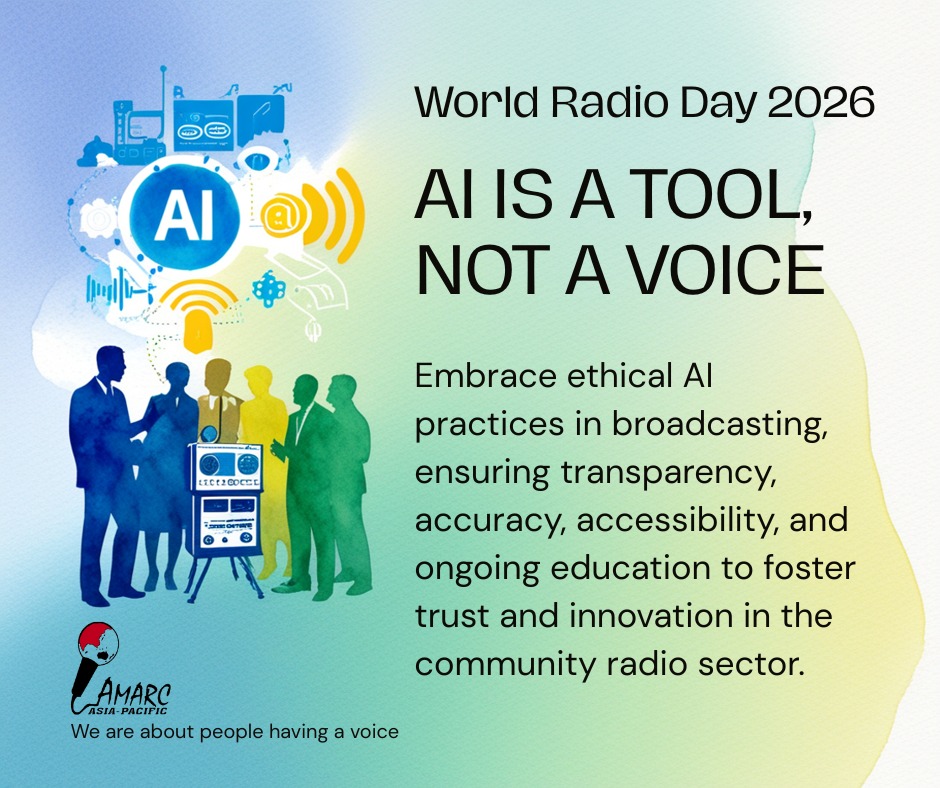Empowering cattle farmers through co-innovation-based RCS in Timor-Leste
Most farm families in Timor-Leste own livestock, making cattle farming the industry with the greatest potential for supporting family farmers in rural areas. While the government is committed to helping family farmers make the transition from subsistence to industrial farming, the top-down approach in innovation packages has been rendered ineffective in sparking sustainable change. Thus, there is a need for more responsive, bottom-up, participatory endeavors.
A study by Nurul Hilmiati (2023) presents one such initiative, the Redi-KAMODI (Cattle-for-Good-Lives Network) It is a rural communication service model based on co-innovation which helped farmers in becoming independent cattle producers. Redi-KAMODI is a well-established network whose members work together to find ways to improve livelihoods through better cattle farming.
Its findings saw that Redi-KAMODI improved the farmers’ knowledge, skills, and practices in cattle management and marketing which allowed the farmers to double their income. Hilmiati (2023) also found out that rural families’ participation in innovation and rural development through Redi-KAMODI paved the way for collective farmer empowerment and sustainable practice change, thereby strengthening their communities.
Hilmiati (2023) hopes that Redi-KAMODI can serve as a model for revising the national agricultural extension system as a rural communication service in order to effectively address the needs of family farmers in resource-constrained situations in pursuit of more sustainable livelihoods.
You may access the full study here.
Hilmiati’s paper is one of the recipients of the special awards grants given by IAMCR’s Rural Communication Working Group and FAO last July 13, 2023, in Lyon, France.



